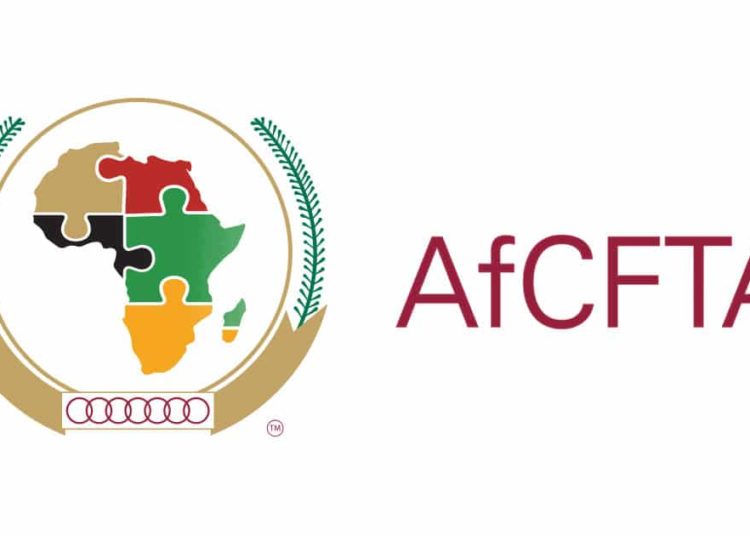At the sixth edition of the Institute for Tourism Professionals of Nigeria (ITPN’s) National Tourism Transportation Summit & Expo, stakeholders identified lack of sincerity, competitiveness, non-formalisation of informal businesses and inadequate infrastructure as hinderances to Nigeria benefitting from the African Continental Free Trade Agreement (AfCFTA).
The summit convening ministries of transportation, information, culture and tourism, as well as federal agencies, non-governmental organisations and private sector operators, is designed to unite and synergise agencies and operators in the transport and tourism sectors.
These are primary sectors that impact trade relations, and prepare the industry to take advantage of the benefits of AfCFTA for the country’s economic growth and development.
However, six months after the summit’s inception, it appears to have made little impact.
“African countries entered into an agreement to allow free movement of people and free trade for regional integration. But everybody is holding unto theirs. Nigeria blocked its border for over a year to its neighbours. Meanwhile, she is the biggest trading partner to everybody. The Ghanaians are saying to Nigerians to leave their markets when an Igbo man thrives.
“So, why AfCFTA? If we say we want to do AfCFTA lets be practical, and remove the impediments, the checks that are on the way without compromising their security,” said the president, Federation of Tourism Associations of Nigeria (FTAN), Nkereuwem Onung.
Similarly, with Nigeria’s economy largely dependent on the informal business sector, it limits the impact of the trade agreement on the nation’s economy.
However, all hope is not lost as the federal government is making efforts via the Nigerian Export Import Bank (NEXIM), to address the challenges through construction of new bridges, provision of credit loan lines for businesses and the migration of informal to formal businesses.
Executive director, Business Development, NEXIM Bank, Stella Oktete said, “NEXIM Bank is working on the sea lake project that will help provide maritime logistics to power, and support the sales and export of goods from Nigeria to our African countries.
“The bank is also heading interstate road transport scheme, which is also to mitigate against double taxation and kick against tariff traders encountered across the corridor, especially west African corridors.”
To ensure that Nigerian businesses take advantage of the benefits of the AfCFTA, Oktete said they must be registered with NEXIM’s NXP form, a non-export proceed form domiciled in the Central Bank of Nigeria (CBN), that allows the apex bank track repatriations of export proceeds of businesses.
“The important thing is the fact that tourism and government can work together. It takes a lot to have an inter-ministerial with the private sector. For Institute for Tourism Professionals of Nigeria (ITPN) to bring four ministries onboard and create an inter-ministerial is a huge achievement. We need this level of collaboration with the private sector,” concluded Onung.











